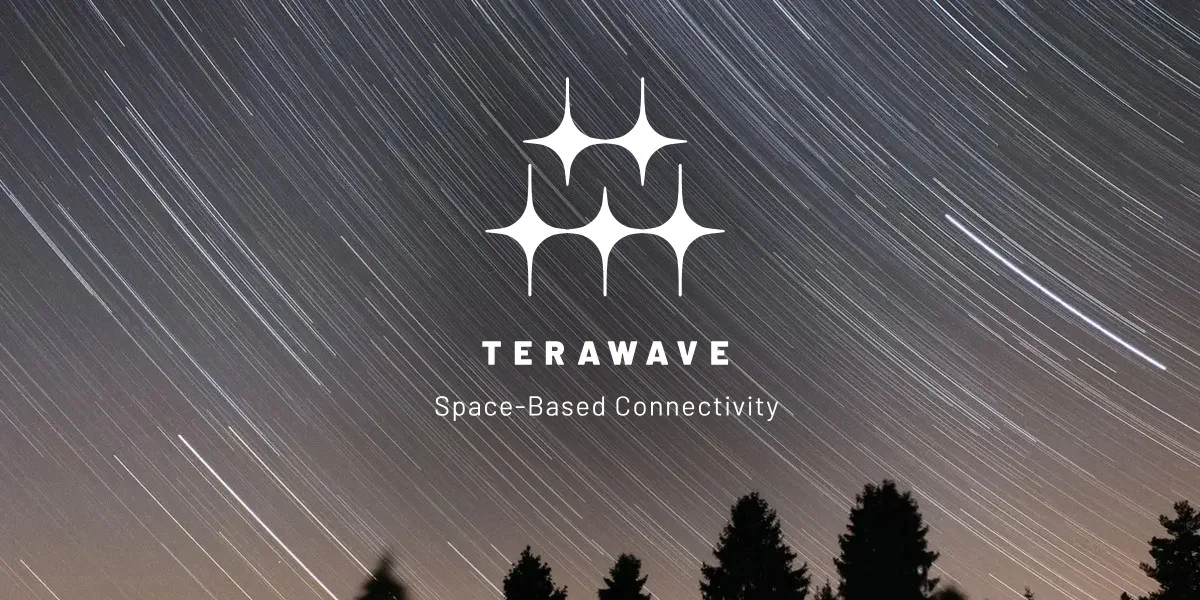The TikTok Ban Goes to Court
TikTok is in Federal Court challenging the potential ban of its app in the U.S.
Sep 18, 2024 | Share
News
On Monday, TikTok’s lawsuit against the U.S. government in response to the federal TikTok ban began before the D.C. Circuit Court of Appeals. This lawsuit challenges the constitutionality of the ban that was signed into law by President Biden back in April.
This hearing combines three different challenges to the TikTok ban. The first is from TikTok, Inc. and its parent company, ByteDance Ltd., who are suing the Department of Justice for having their First Amendment rights infringed upon as companies. A second lawsuit was filed by a group of TikTok content creators, who are being represented by the same law firm that challenged the Montana State TikTok ban and won. A third was filed by the Liberty Justice Center on behalf of BASED Politics, Inc., a libertarian nonprofit organization.
The plaintiffs’ arguments
All three plaintiffs are primarily arguing that the TikTok ban infringes on First Amendment protections of free speech, either as U.S. citizens or as U.S.-based companies. They are also arguing that their rights under the Fifth and Fourteenth Amendments are also infringed upon by the ban—points that I have also previously argued here on HighSpeedInternet.com.
While these are the same arguments that won against the Montana ban, we’ll have to see if the three appellate court judges come to the same conclusion.
The First Amendment arguments will be particularly difficult for the government to overcome if TikTok and its fellow plaintiffs are able to show that the platform and its content were specifically targeted, which seems fairly evident given the wording of the ban.
Any attempt by the government to ban speech based on its content requires courts to apply strict scrutiny, the highest judicial standard. In other words, this means that the government must prove that the restriction both serves a compelling government interest and that it is the absolute least restrictive way of advancing that interest.
The government’s arguments
The Department of Justice (DOJ) is arguing that TikTok is a national security risk and that this risk justifies the sweeping actions mandated in the April 2024 law. Based on the government’s filings in this case, it seems that their evidence is largely speculative. So rather than arguing that the Chinese government has influenced the TikTok algorithm in the U.S. or unlawfully collected the personal information of U.S. citizens, of which they have not submitted any evidence, it seems that their case will center around proving that such subversive actions could happen in the future.
Typically, the constitutionality of laws restricting speech depends on the government proving that the law in question is content-neutral, rather than targeted at suppressing a specific viewpoint. Content-neutral restrictions on speech are only subject to intermediate scrutiny. Under this standard, the government doesn’t have to show that a law is the least restrictive option available, just that it is narrowly tailored to serve the government interest.
If the Department of Justice concedes that TikTok is being singled out among social media platforms and focuses on simply proving that there is a compelling government interest in doing so, that only satisfies half of the requirements for strict scrutiny. It would also have to prove that there isn’t a less restrictive way to serve the same goal of preserving national security. Given the technical problems in enforcing the ban, it seems like the DOJ is giving itself an impossible task.
What happens next?
Both sides have asked the judges to issue their ruling by early December, but they are in no way obligated to do so. The losing side is also likely to appeal the court’s ruling on this case to the Supreme Court.
A victory for TikTok would be the highest profile victory yet against the constant stream of lawsuits it has been faced with in the last few years. A defeat could spell not only the end of the social media service in the U.S., but a significant shift in the ability of the government to place limits on the freedom of speech.
If it’s not struck down in court, the law is set to ban TikTok by January 19, 2025.
Author - Peter Christiansen
Peter Christiansen writes about telecom policy, communications infrastructure, satellite internet, and rural connectivity for HighSpeedInternet.com. Peter holds a PhD in communication from the University of Utah and has been working in tech for over 15 years as a computer programmer, game developer, filmmaker, and writer. His writing has been praised by outlets like Wired, Digital Humanities Now, and the New Statesman.
Editor - Jessica Brooksby
Jessica loves bringing her passion for the written word and her love of tech into one space at HighSpeedInternet.com. She works with the team’s writers to revise strong, user-focused content so every reader can find the tech that works for them. Jessica has a bachelor’s degree in English from Utah Valley University and seven years of creative and editorial experience. Outside of work, she spends her time gaming, reading, painting, and buying an excessive amount of Legend of Zelda merchandise.



